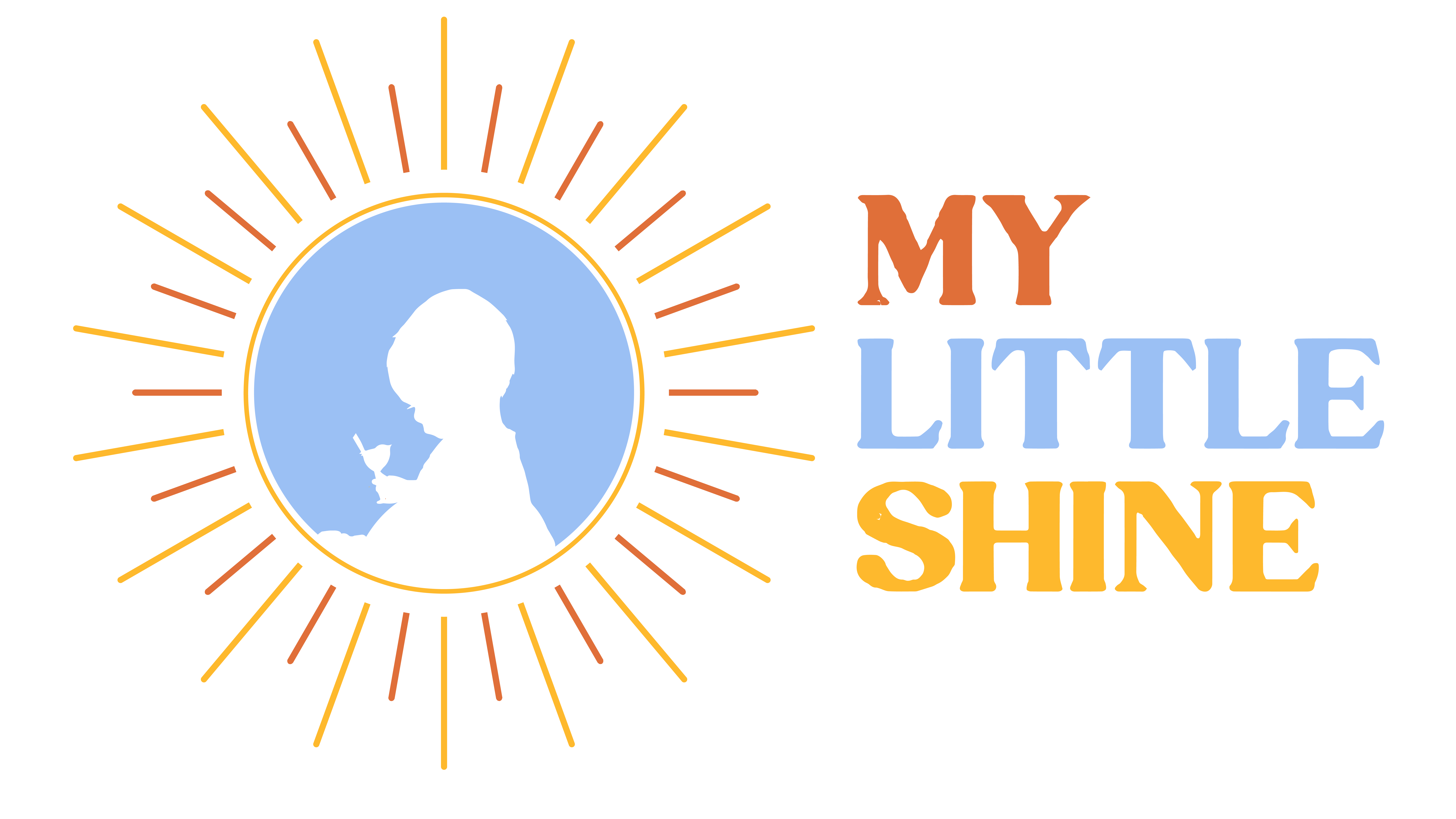sensory stimulation
At My Little Shine daycare, we believe in the importance of sensory stimulation for our children. This is because stimulating their senses, such as hearing, sight, smell, taste, and touch, helps them better perceive and understand the world around them. To do this, we use a variety of activities and toys, such as a fruit basket with different flavors and smells, and a sensory box filled with objects to touch and manipulate.
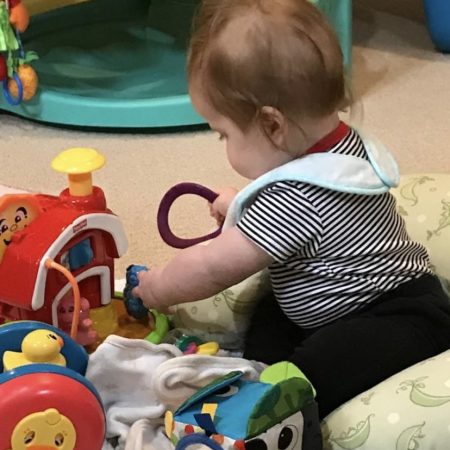
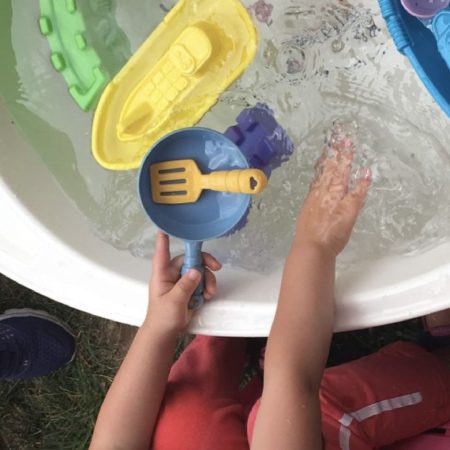

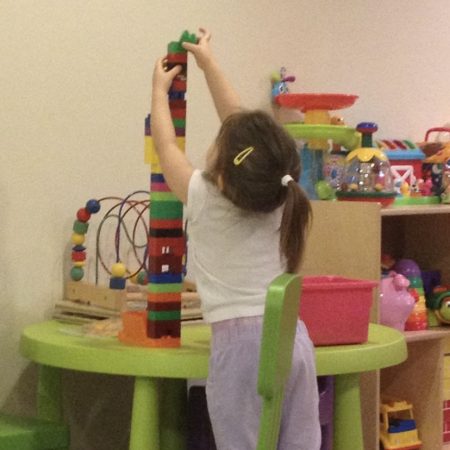
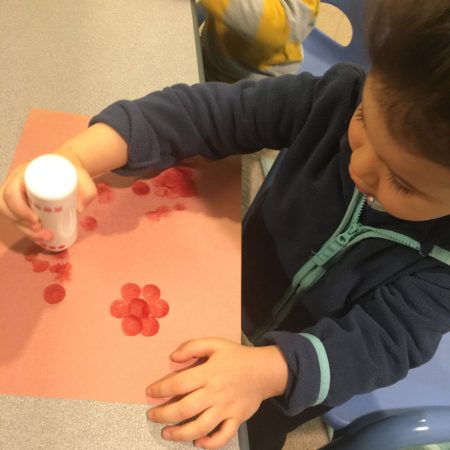

Gross and fine motor skills
In addition to sensory stimulation, My Little Shine daycare also focuses on developing gross and fine motor skills in children. Gross motor skills involve large movements of the body, such as walking and jumping, while fine motor skills involve small movements that require precision, such as using Play-Doh and drawing. Developing these skills helps children improve their coordination, balance, and dexterity.
communication and cognitive development
My Little Shine daycare places a strong emphasis on communication and cognitive development, using a bilingual approach. We use activities such as reading stories, singing, and playing games to encourage language development, and engage in cognitive stimulation activities that challenge children’s attention, memory, perception, and concentration. These activities help children become more autonomous and better able to interact with their environment.
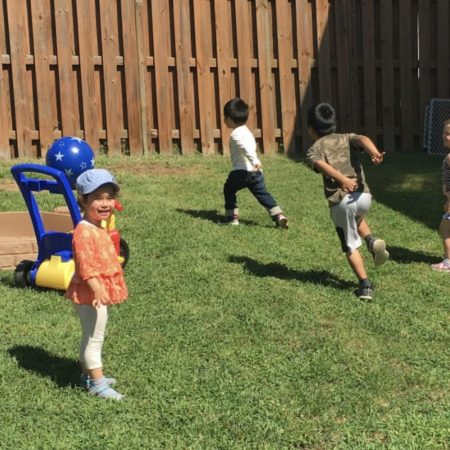
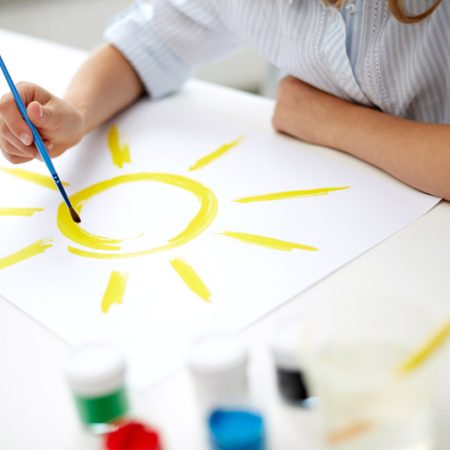

Learning through Experiences
Our activities during the day can include the following:
Experiences
Specific Skills Learned
Finding toys or learning materials to work with alone or with others | Cognitive: Makes decisions about interests and abilities.
Self-help: Finds toys by himself or sets up environment for play.
Social/language: Learns to share, barter, manage conflict, and ask for help.
Emotional: Learns about acceptance and rejection. Express's needs. |
Board learning games / Block Play | Cognitive: May count blocks and see pattern and design.
Learns to build and plan structure. Matches blocks that look alike.
Social: Learns to share and cooperate.
Physical: Learns to balance blocks and line them up (small-motor coordination). |
Dramatic play | Cognitive: Decides appropriate dress and appearance for roles; uses visual perceptions to assess self, others, and play environ-ment. Learns and remembers behaviors to imitate. Develops abstract thinking abilities.
Social: Plays adult roles. Develops self-image and coordinates with others. Learns to express feelings.
Language: Learns to express self in another role. |
Setting the table | Cognitive: Counts silverware, glasses, and napkins, or places one object by each setting. Follows pattern of place settings.
Knows which is soup spoon or salad fork.
Social: Cooperates with other children. May teach younger children to help.
Physical: Picks up and places objects (small-motor coordination). |
Sitting down to eat | Cognitive: Measures to pour. Understands directions.
Social/language: Learns appropriate table conversation and
manners.
Physical: Pours milk, passes dishes (small-motor coordination). |
Story time or listening | Cognitive: Listens and retains information. Follows story line (sequencing) with eyes and/or ears. Recognizes words, pictures, instruments, and rhythms. |
Fingerplays and songs | |
Dance | Cognitive/language: Listens to music and rhythms. Learns to understand simple movement directions and their relationship to the music.
Physical: Coordinates movements (large motor). |
Small climbing | Cognitive: May count the rungs to the top of a climbing structure; plans climb. Maps out direction and distance to ride; watches for others in path.
Social: Takes turns, interacts.
Physical: Large-motor coordination, balance. |
Sand play | Cognitive: Measures sand and maps out roads (spatial rela-tionships).
Social: Shares, interacts, cooperates.
Physical: Pours, dumps, pushes, gathers, scoops, packs (small and large motor). |
Putting away toys | Cognitive: Sorts toys, follows directions.
Social: Takes turns, learns to handle toys carefully.
Physical: Places object on the shelf, replaces lids, opens and shuts doors. |
